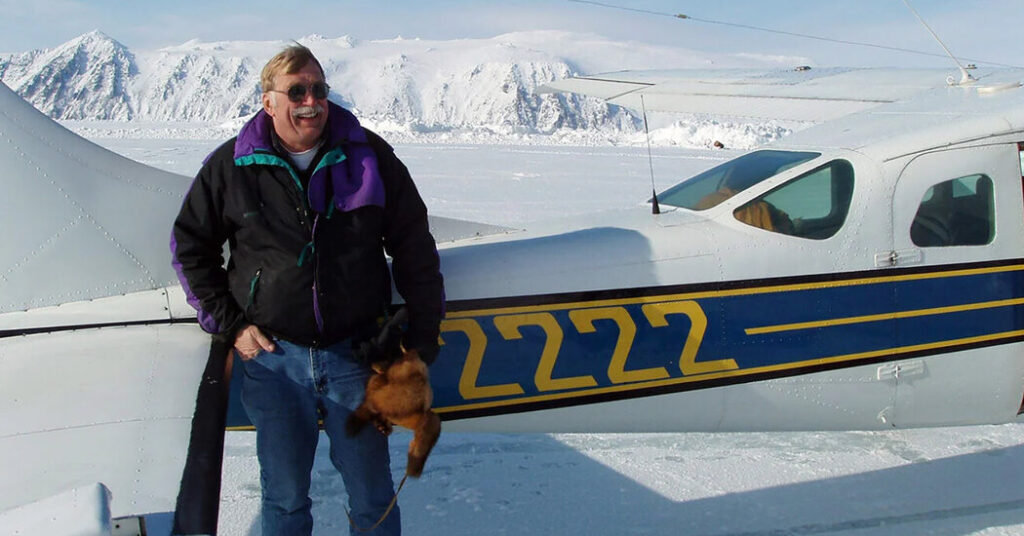A six-pack of beer at a local store typically costs between $10 and $15, possibly a bit more. However, a small selection of artisan local I.P.A. certainly isn’t priced at $95,000.
But that’s what Kenneth J. Jouppi, 82, from Coeur d’Alene, Idaho, has had to deal with after attempting to transport alcohol on charter flights in Alaska until about 2014.
On April 18, the Alaska Supreme Court determined that he could be made to surrender his $95,000 aircraft as a consequence for trying to bring alcohol into a dry community in Alaska where the import, sale, or possession of alcohol is prohibited, as detailed in court documents.
In April 2012, a state trooper halted Mr. Jouppi before his departure from Fairbanks, Alaska, claiming he observed Mr. Jouppi “opening and closing boxes” that contained beer, according to court records.
The trooper remarked that “it would have been impossible” for Mr. Jouppi not to notice at least one six-pack among the 72 beers on the plane.
Mr. Jouppi claimed he was unaware of the beer’s presence on board. (He couldn’t remember, and the court documents didn’t specify what brand it was.)
Mr. Jouppi was flying a client to Beaver, Alaska, located 110 miles to the north, a village of around 80 residents. This community, established in 1907 during the gold rush, has a small airstrip and is primarily reachable by plane.
After a jury found that Mr. Jouppi attempted to illegally transport alcohol to Beaver, he received a three-day jail sentence, and he and his company were fined a total of $3,000. However, the trial court did not order the seizure of his plane, a Cessna 206 valued at $95,000 that can accommodate six passengers.
The state filed an appeal, and an appellate court agreed that the plane should be seized, as per court records. Eventually, the case escalated to the Alaska Supreme Court.
The court concurred with the state’s position that taking the plane did not infringe on the excessive fines clause of the Eighth Amendment of the U.S. Constitution.
“We conclude, as a matter of law, that the airplane’s owner did not demonstrate that the forfeiture would be unconstitutionally severe,” stated the Alaska Supreme Court.
The plane is no longer with Mr. Jouppi, and its future is currently uncertain.
Mr. Jouppi’s attorney, Robert John, indicated that they plan to appeal the decision to the U.S. Supreme Court.
“When they took my plane, I was pushed into retirement,” Mr. Jouppi said on Friday. “I’ve endured many sleepless nights. It has not been a pleasant ordeal at all.”
In an email on Friday, Donald Soderstrom, the assistant attorney general for the criminal appeals office, labeled the State Supreme Court’s ruling as “reasonable, even when considering just one six-pack.”
“Alcohol misuse has been an ongoing challenge in Alaska for many years, especially in rural areas that are only reachable by air,” he mentioned.
Mr. Jouppi, who hails from Finland, expressed determination in his mission to have his case reviewed by the highest court in the country.
“I don’t know if you’re familiar with the Finnish people,” he stated, “but we are incredibly stubborn.”


